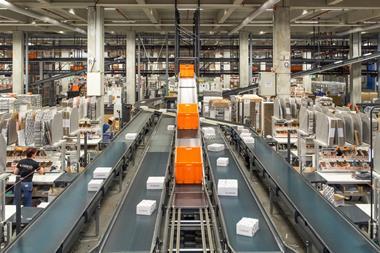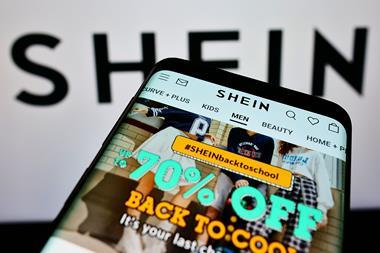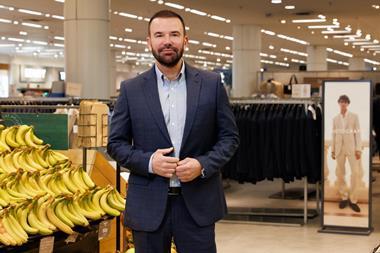Retailers need to capitalise on how mobile devices are changing habits, says Simon Burke
So far, high street retailers have not won the battle for online business.
In many cases, we have been outmanoeuvred by nimbler online specialists.
Retailers have struggled to get online sales above 5% of the total and most do not make much, if any, money from it.
In part, this has happened because most retailers have been slow to embrace the online space. When we have done so, it has often been underfunded. There is a sense that somehow a successful online arm will undermine the shops, and so we don’t want to push it too hard.
Moreover, online advertising and promotion has not been great for driving in-store sales and so very little has been spent on it. Not true of everyone, but I bet more than a few will recognise this picture.
I mention this because we’re going to get a second chance. Since working with Eagle Eye, a company which specialises in mobile vouchering and redemption, I have learned what the technology industry has been saying for a while: mobile devices will supersede the PC as the principal means by which people connect to and use the internet. Among other things, it will change (again) the way we shop, and this could be good news for retailers.
In particular, mobile-based marketing and promotion, which is here, will probably be bigger for retail than the PC web. It can also be much more beneficial to bricks-and-mortar shops, because a key use of mobile will be to activate customers to come in and spend. For example, mobile marketing lends itself to rapid-response activity, inducing customers to visit shops to get short-duration offers.
Mobile coupons that can be redeemed digitally are cheap to deploy, take all the work out of these promotions and make it easy for the customer to say ‘yes’.
For these reasons, redemption rates can be extremely high. And because the retailer can track redemption in real time, it’s possible within hours to alter, extend or curtail an offer based on its performance.
Trackability is the key to good targeting. Properly set up, a mobile marketing campaign using trackable vouchers can identify which customers are responding to which offers.
Retailers can therefore get many of the data benefits of loyalty cards at a fraction of the cost. Knowing who your customers are and learning rapidly how they respond to your offers will be a vital competitive tool in the mobile space.
These are the kinds of attributes that have made digital marketing so successful for online specialists, allowing them to gain competitive advantage over many retailers.
Our chance with mobile is to do what we did not do with the first digital revolution: get in there quickly and decisively and make it an opportunity for shop-based retail rather than let it become a threat.
First-mover advantage is real in this kind of thing, and smart retailers are already planning and deploying mobile strategies. Will you be one of them?
Simon Burke is chairman of HobbyCraft and Superquinn


























No comments yet